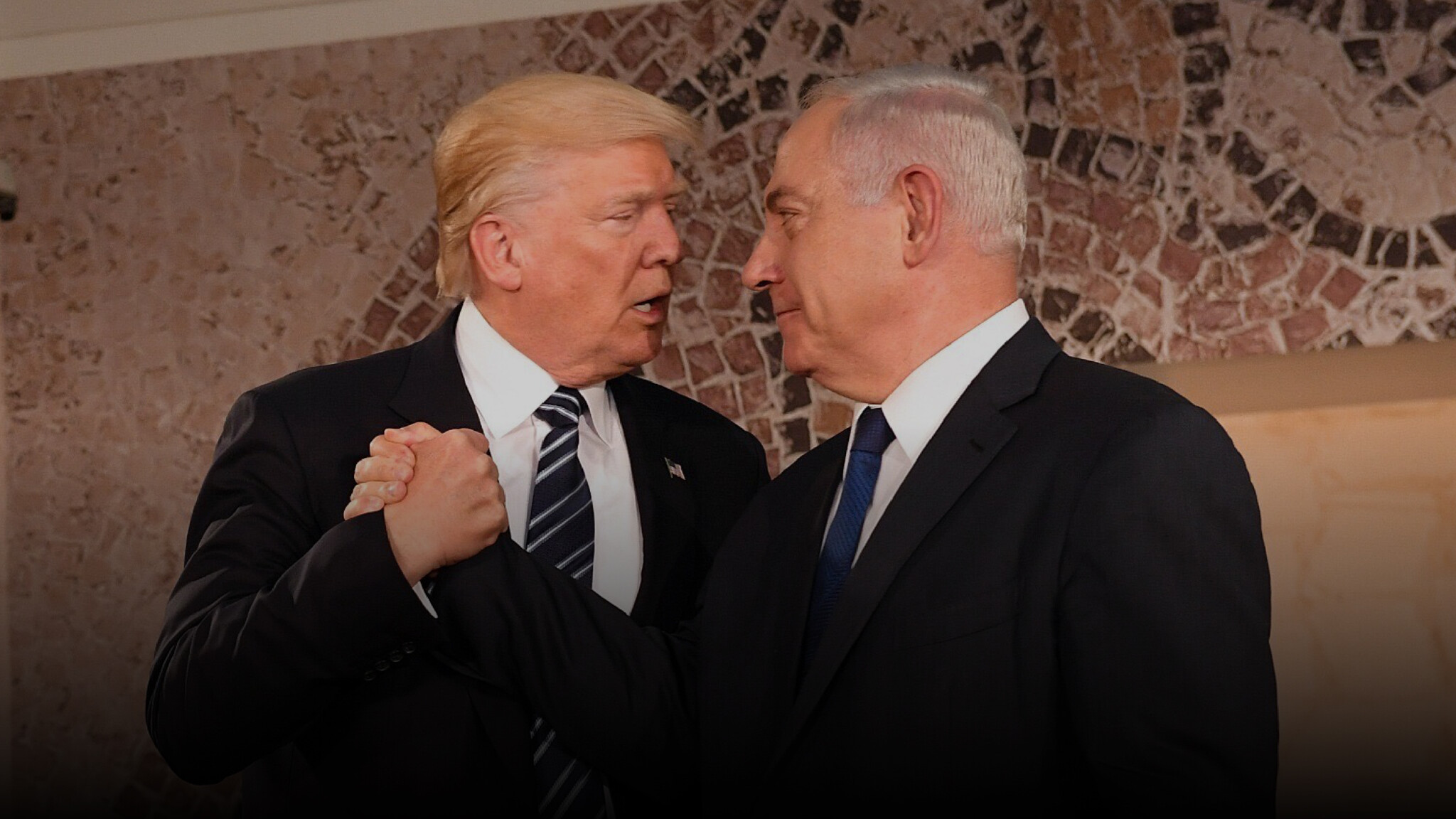I understand that President Trump is a polarizing figure. But polarization is often the tax a leader pays for moral clarity. And right now, Trump represents more than a political party or a single nation. He represents the West’s fading will to survive. His administration’s strikes on Iran’s nuclear infrastructure weren’t just tactical decisions; they were a civilizational stand against a regime that spits in the face of everything the West claims to value.
What we are witnessing, I argue, is the ultimate clash of civilizations. One side believes in democracy, individual rights, and the inherent dignity of every human being. The other clings to medieval theocracy, where power is concentrated in the hands of unelected clerics who claim divine authority to rule. It upholds gender apartheid, where women are forced to cover their faces, denied the right to sing, to dance, to laugh in public, or to testify equally in court. It’s a regime where gay people are hanged from cranes in public squares. Where journalists are jailed, dissent is crushed, and childhood ends the moment a girl hits puberty. And yes, this is a system so depraved it legalizes child rape and permits a man to marry his adopted daughter. This is the purest form of inhumanity. It’s backward, brutal, and cloaked in the language of divine authority.
Enjoy independent, ad-free journalism - delivered to your inbox each week
And for decades, the West made excuses. We told ourselves it was too complex, too far away, too tied up in oil and diplomacy to confront. We debased ourselves trying to “understand” a culture that, at its core, rejects everything we are—our freedoms, values, and way of life. We hosted their diplomats, funded their infrastructure, and empowered their propaganda. We chose cowardice over conviction. But this appeasement was enabled by Western intellectuals who have lost the ability to call evil by its name.
The most maddening feature of our time is watching brilliant Western minds, even Jewish intellectuals, commit a fatal error of projection. They cannot accept that evil might be simple, so they manufacture complexity where none exists. I make no claim to understanding the psychology of every antisemite, but the Islamist variety isn’t mysterious. It’s brutally clear. This is theological supremacism. Jewish sovereignty is seen not as a political issue, but as a cosmic insult. It doesn’t require deep analysis. It requires courage and clear-sightedness.

This intellectual failure is the product of a corrupted academy. Today’s Islamologists and Arabists bear no resemblance to their predecessors a century ago—scholars who observed with empirical rigor and reported without delusion. Today’s academics don’t study; they advocate. Indoctrinated into producing “inclusive” scholarship, they’ve transformed serious disciplines into incoherent rituals of wishful thinking. If a cancer researcher abandoned the scientific method for feel-good fantasies, we’d call them a dangerous fraud. But when social scientists do the same, they’re applauded as compassionate visionaries—held not to standards of truth, but sentiment.
This decay, metastasizing ever since Edward Said’s influence poisoned Middle Eastern studies, has left Western elites blind to evil even when it declares itself plainly. Said recast scholarship as moral activism, branding critique of Islamic regimes as Orientalist bigotry, and turning legitimate inquiry into an exercise in self-flagellation. The damage was profound. Entire generations of scholars were trained not to understand the Middle East, but to apologize for it. The result is devastating. Apologists stand genuinely perplexed when leaders like Khamenei say exactly what they mean. They’ve lost the ability to grasp that theocratic barbarism doesn’t require decoding; it requires recognition. Not empathy, but confrontation. President Trump and Prime Minister Netanyahu’s decision to destroy Iran’s nuclear facilities wasn’t just a military operation. It was a reckoning. A decisive end to the West’s delusions, and a long-overdue acknowledgment that evil doesn’t negotiate. It only escalates.
But to truly appreciate this moment, we must remember where we were less than two years ago. On that terrible day of October 7, 2023, there was every reason for despair. Hamas’s barbaric slaughter of innocent Israelis was horrifying enough. But what followed compounded the tragedy beyond imagination. Israel was reeling, not just from the savage terrorist attack, but from the sickening wave of antisemitism that followed. On American campuses, students at our so-called top universities openly cheered the slaughter of civilians. In Europe, crowds marched with chants calling for Israel’s annihilation. The media twisted itself into rhetorical knots to justify Hamas, portraying the murderers as martyrs and the dead as collateral.
This collapse of will in the West, especially in America, mirrored the broader weakness radiating from Biden’s White House. A timid president created a vacuum that emboldened every enemy of freedom. Among America’s many enemies, Iran’s theocratic regime stood out as the prime beneficiary of our decline. The mullahs seized the moment, rallying their Axis of Resistance—Hamas, Hezbollah, the Houthis, and other brutal proxies—convinced that October 7th had vindicated their strategy.
For over a decade, we’d watched Iran’s nuclear program metastasize under weak U.S. leadership. The Obama administration’s disastrous Iran deal was little more than submission dressed up as statecraft. The Biden administration’s approach was, if anything, worse. Four years of hesitation, futile attempts to resurrect a failed nuclear deal, and an air of deference that invited aggression.
Fast forward to today, and America is back. President Trump’s announcement that U.S. forces had “obliterated” Iran’s key nuclear sites was exactly the kind decisive leadership America needs. This is peace through strength in action, the direct confrontation of savagery with overwhelming force. Sometimes, the surest path to peace is by making aggression too costly to consider.
To those criticizing Trump’s decisive action, I ask: What exactly would you have him do? Iran was given every opportunity to resolve this peacefully. This is a regime that chants “Death to America,” runs a public countdown to Israel’s destruction, and actively plots to kill our leaders. Diplomacy was on the table. They chose war.
Both President Trump and Prime Minister Netanyahu understand what too many Western leaders have forgotten: strong leadership deters conflict; weakness invites it. The Iranian theocracy is our enemy, not because we chose conflict, but because they have openly declared war on everything we represent.
We’re not out of the woods. Serious challenges remain. Our universities are still overrun by ideologies that despise America. The cultural decay that made those October 7th celebrations possible hasn’t been rooted out.
But this morning, the world feels different. The illusion of Western weakness has been shattered. The strike was a tactical victory, but it was also a civilizational statement. The West still has teeth. It still has a spine. And under Trump’s leadership, it has shown that strength, not sentiment, ensures survival. The ceasefire now in effect is no act of goodwill from Tehran; it’s a forced retreat. With its nuclear sites in ruins and its regional pawns battered, Iran had nothing left to bargain with. It didn’t seek peace. It submitted to reality. And the world is safer now—because, at long last, the West remembered how to win.




Comments (1)
Only supporting or founding members can comment on our articles.